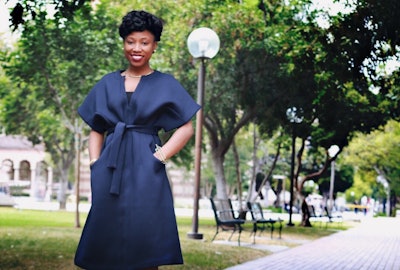I have heard “be kind to yourself” many times throughout my journey in academia, so much so that I almost don’t even notice when it occurs. It has gradually become what I often hear in response to a person experiencing difficulties or when an institution is addressing its “unprecedented” challenges ahead. In almost every instance, however, it has struck me as an odd statement amidst the backdrop of academia.
In order for the academic context to promote any form of care to its employees, it must itself reflect on the myriad of ways it can be brutal to them. In researching organizational and institutional behavior in academia, I consistently encounter cultures, practices, policies, and politics that encourage and sustain cruel treatment rather than the opposite. Specific ways this can occur is through, for example, forms of academic hostility as well as academic mobbing and bullying that are often directed at minoritized communities. As I state in a previous article, “Institutions addressing these forms of harm would mean an interrogation of their own abuses of power, whiteness, anti-Blackness, racism, discrimination, ageism, sexism, misogynoir, xenophobia, punitiveness, and systems of oppression.” As such, supporting an ethos where people can be kind to themselves would mean academic institutions and spaces working to undo and dismantle many of the problematic pillars they were built on.  Dr. Constance Iloh
Dr. Constance Iloh
Another way that “be kind to yourself” falls short in academia is in the selective way it is applied and only intended for a limited group of individuals. To this, I have specific questions. What does it mean when attempts to protect the time and vulnerability of early career scholars are only meant for those that are white? What humanity is reflected in the reality that many contingent faculty and beyond have salaries that will not even allow them to address their basic needs? What happens when promotion and career advancement are often challenged and denied for those who are not beneficiaries and sustainers of whiteness? Through examples such as these and countless more, it is unclear what anyone can expect in spaces where decency is only intended for few.
There have only been minimal cases where I have heard “be kind to yourself” in a way I found tangible and realistic. Recently, I had the opportunity to speak with a scholar about her experiences in academia. She shared how ruthless academia has been and discussed the changes she made to offset its deleterious impact. I realized in listening how intentional they now are about finding ways to insulate themselves from the abuses of academic life in addition to living with the consequences of their outright refusal to sacrifice their well-being. This conversation stands out as one rare instance where the reality of academia was actually juxtaposed with the difficulty of a woman of color being able to extend kindness to herself while in it.
I myself believe in the ethos of “be kind to yourself.” When we do, we consider ways to do right by ourselves and conversely ponder what individuals and spaces do not. We also contend with what allows us to show up healthy and whole and what does not.
There is a tragic impossibility, however, of this ethos in work environments that can only promote it in theory. It is not appropriate for an institution to encourage people to be kind to themselves and then said environment works against individuals being able to experience that reality. As long as academic institutions refuse to both recognize and challenge the ways they can harm those that work within their context, the kindness they endorse is disingenuous and disheartening.
Dr. Constance Iloh is an anthropologist and qualitative methodologist. You can follow her on Twitter @constanceiloh.















